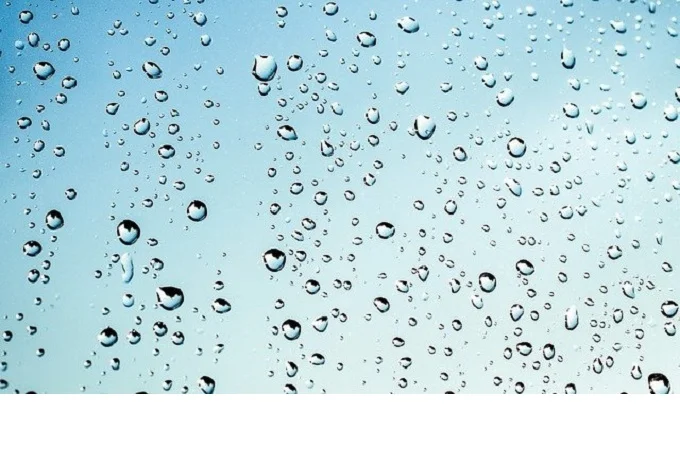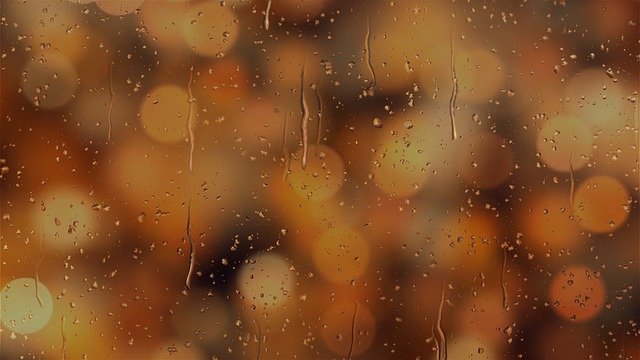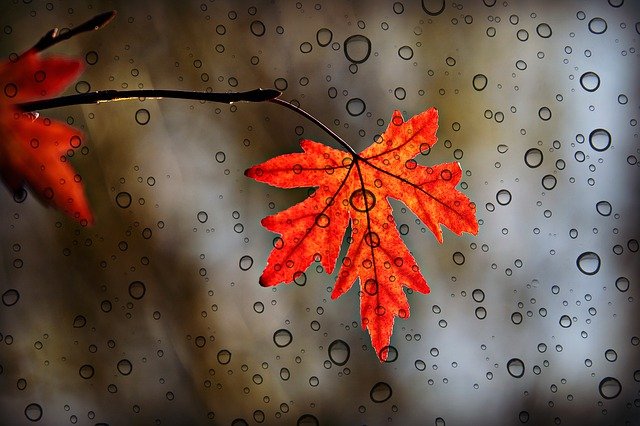When it rains, why do you want to sleep?

On a rainy day, what do you prefer to do? Some people put on their rubber boots and go for a stroll through the puddles. Others like to chill at home with a nice book. Many others, on the other hand, prefer to go to bed and sleep.
Is the rain tricking you into sleeping? If that’s the case, you’re not alone! Many individuals claim that the sound of rainfall on a window may put them to sleep. Insomniacs often listen to rain sound recordings to fall asleep. Why does rain have such a strong impact on the human body?
A rainy day might make you drowsy for a variety of reasons. The absence of sunshine is one of them. When exposed to light, the human body produces less melatonin and more serotonin. People report feeling more energetic and active as a result of it. On a rainy day, the lack of light might have the opposite effect, making individuals tired and sluggish.
A rainy day’s humidity also plays a role. The air outdoors is thick when it rains. As a consequence, maintaining homeostasis requires more effort on the part of the organism. This might be exhausting since the individual becomes fatigued more quickly and wants to sleep.
What is pink noise?

The sound of rain, of course, plays a part as well. Pink noise is rain. This implies that, like white noise, it encompasses all frequencies that humans can hear. Pink noise, on the other hand, differs from white noise in that energy is distributed unevenly across all frequencies.
Pink noise was reported to lower brain wave activity in 2012 research. According to experts, this qualifies it as a possible hypnotic. Pink noise isn’t just seen in nature in the form of rain. Rustling leaves, wind, and the beating of your own heart are among more examples.
Rain isn’t the only sort of weather that has an impact on the human body. Many areas get less sunshine during the winter months. Irritability and lethargy may result as a consequence of this. Many individuals suffer from depression due to a disease known as seasonal affective disorder (SAD).
Have you ever observed that during the winter months, more individuals become sick? This is because when it’s cold outdoors, diseases like the flu thrive and spread more quickly. In addition, more strokes and heart attacks occur during the winter months.

Likewise, the inverse is true. People’s blood pressure tends to decline during the summer. Increased exposure to sunshine may enhance serotonin synthesis in the body, resulting in a better mood. Spending time outdoors on a bright sunny day, according to some studies, may also promote creative thinking.
Do you fall asleep easily on a rainy day? How do you feel when it’s sunny outside? If you’re fortunate enough to have nice weather, try to spend some time outdoors! It’s impossible to predict how it will affect your emotion.




